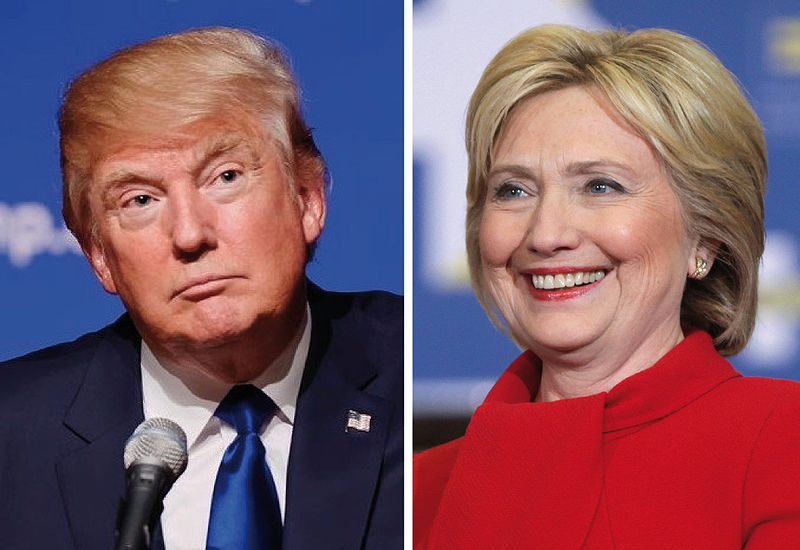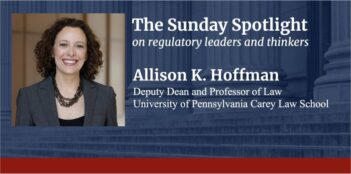
Important policy revelations emerged during Sunday night’s heated debate.
Although the second presidential debate began with a series of personal attacks between the candidates, the debate occasionally took a more substantive tone as the night wore on. The debate even saw a somewhat conciliatory tone at its end.
The debate followed a “town hall” format, with moderators Anderson Cooper and Martha Raddatz selecting questions from both debate audience members and social media contributors. The opening of the debate saw a discussion of Donald Trump’s lewd remarks about women, which were revealed by the Washington Post late last week. Cooper described the remarks as condoning “sexual assault.”
Although Trump that said he regretted those comments, he dismissed them as mere “locker-room talk” and refused to recant his statements entirely. Hillary Clinton responded by explaining how she saw Donald Trump as a categorically different type of presidential nominee who lacked the “fitness to be our president.”
When asked about the Affordable Care Act (ACA), Trump stated that the cost of health insurance under the ACA was far too high, and that removing barriers for insurers to sell plans across state-lines would lower prices. This statement somewhat ironically bore resemblance to the “regional health alliances” proposed by the Clintons in their attempt to reform healthcare in 1993. Clinton praised the successes of the ACA in expanding health insurance coverage to low-income individuals but argued that it does not do enough to contain costs.
The debate then circled back to far more personal attacks in a meandering section on Trump’s proposed “extreme vetting” for Muslim immigrants, border security, and efforts to combat ISIS. Trump called accepting Syrian refugees the “great Trojan horse of all time,” while Clinton argued that the “we need to do our part” in response to the refugee crisis. The candidates also clashed over Trump’s alleged business connections to Russia, as well as over leaked speech transcripts where Clinton allegedly said she has both “public and private position[s]” on political issues.
In a more substantive section, when asked about efforts to reform the tax code and its handling of the wealthiest Americans, both candidates argued for removing the carried interest tax loophole that benefits hedge funder managers, among others. When asked about his own tax returns, Trump acknowledged that he had used business losses to offset his federal income tax, but he refrained from stating the number of years for which had not paid any federal income tax. Trump then criticized Clinton for failing to resolve these tax code issues during her time as a U.S. Senator. He later characterized current tax rates as damaging to the economy and incorrectly stated that the GDP has “no growth.”
Turning to Syria, Clinton argued for a “no-fly zone and safe zones,” as well as a stronger stance against “Russian aggression.” By contrast, Trump implied support for the Assad regime and Russia in order to combat ISIS, as well as for updates to the United States’ nuclear arsenal. Trump also voiced disagreement with his running mate, Mike Pence, stating that he would not use military force against the Assad regime in order to resolve the humanitarian crisis in Aleppo.
On the topic of the Supreme Court, Clinton advocated for new justices “who have real life experience” and who would uphold the principles behind Roe v. Wade. Trump stated that his justices would be “very much in the mold of Justice Scalia.”
When discussing the energy sector, Trump argued that energy companies are “under siege by the Obama administration” and that more should be done to support the American coal industry. Clinton focused her response on energy independence and support for renewable energy.
Finally, in a refreshingly amicable moment of the campaign, an audience member asked each candidate to say something nice about the other. Clinton complimented Trump’s children, while Trump called Clinton a “fighter.”



